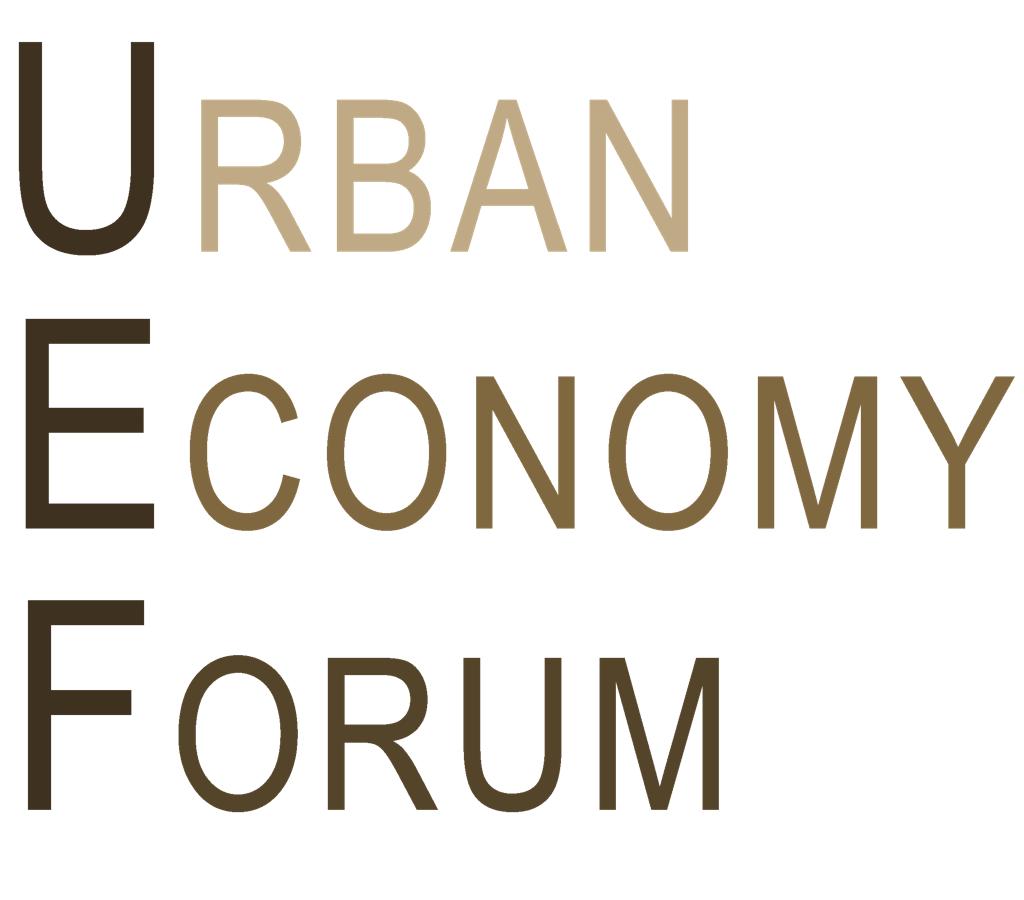UEF 2020 Call for Participation
Call For Participation
UN-Habitat’s Urban Economy Branch is responsible for urban economy and municipal finance projects, working both to provide support to field projects and to develop international guidelines, tools, and good practices. A global network supports the work of the UEB, including universities, research centres, think tanks and independent experts. In the area of municipal finance, UEB works to support field projects around the world, including revenue enhancement, land value finance, property tax reform, creditworthiness, bonds, infrastructure financing and other areas of technical advising. UEB has also produced a number of international initiatives and training session, including a handbook on Finance for City Leaders, a toolkit and training on land-based finance, a methodology for rapid financial assessment, and guidelines for financial planning for planned city extension. In addition, the branch is working with partners to map global urban expansion and create a global municipal database with a public finance focus.
Following the Geneva Conference on Municipal Finance and Urban Economy, Urban Economy with the support of UN-Habitat would like to organize an Urban Economy Forum on October 28 & 29 2019. This forum will be held to present final reports and agree on recommendations that can be piloted by commercial banks and local governments in a number of cities. Also, the forum will launch a handbook on Urban Economy for City Leaders
The forum will provide an opportunity to bring together a number of leading partners to highlight key principles and strategies of municipal banking. Financing the growth of cities and the livelihoods of their inhabitants are among some of the greatest challenges facing leaders around the world. Creative approaches are required to build awareness across finance and government sectors to better design, build, and finance our cities are agents of development, in reference to the urban SDGs.
Objectives:
• Learning and exchange of best practices on financial issues and financing solutions of city management regarding the SDGs and the CPI framework
• Developing and applying principles of healthy finances based on the global Rapid Assessments for finance by UN-Habitat Urban Economy and Finance Branch in cooperation with UNDESA and IMFG (University of Toronto)
• Creating an international platform for mayors, financial officers and banks.
• Creating an interactive global network of city leaders, urban development organizations and financial
• institutes
• Launch World Mayoral Network in collaboration with UN-Habitat with the aim of creating a, “Global Community of City Sustainable Urban Economy,”; global community of Mayors and Urban Leaders
• Given the importance of the New Urban Agenda (NUA) and Sustainable Development Goals (SDGs), UEF will make an effort to play its part in promoting and aiding their implementation.
Approaches:
A fundamental step towards realizing these goals is learning and exchanging of best practices in high and middle-income countries. By taking a balanced approach that addresses urban planning, economic and environmental issues, the UEF 2019 will provide senior banking and municipal finance officials with an unrivalled opportunity to share common challenges, learn from best practices and prepare a practical response for global communities. This forum will be an opportunity to increase knowledge on:
Financial Urban Assessment
• Urban Economy & Municipal Finance; opportunities, challenges, priorities
• Discovering financial urban resources on various scales
• Rapid financial assessment
• Urban assessment for urban economy, using CPI Methodology as a tool
• Bank Loans and Bonds
• Urban Recession; tools to measure and circumvent
Future
• Youth; creating, innovation for the future of urban economy
Environmental
• Supporting climate change dialogue
• Blue urban economy
• Securing financing for investment in green growth policies and infrastructure
Audience:
• Cities & municipal leaders
• Financial institutions, investment firms, and insurance companies
• Real estate developers
• Universities and academics
• Research institutions
• International organizations
• UN agencies
• Private Sector
• Philanthropies
• NGOs
